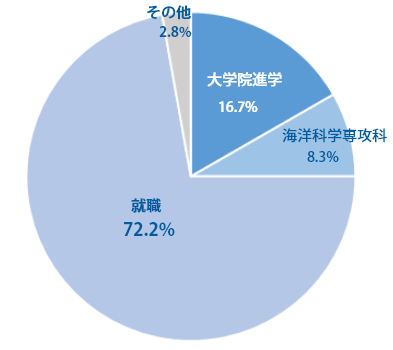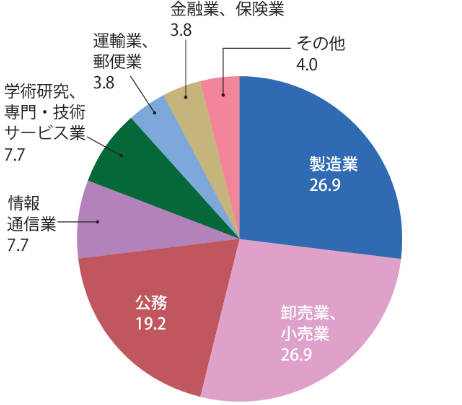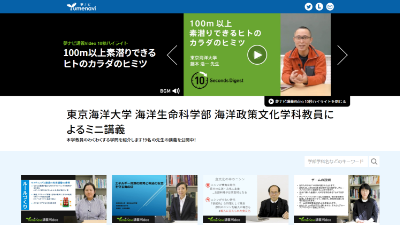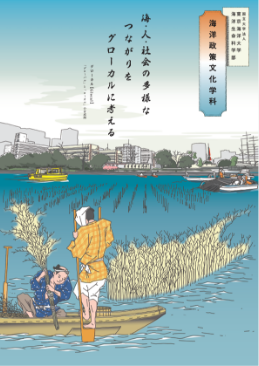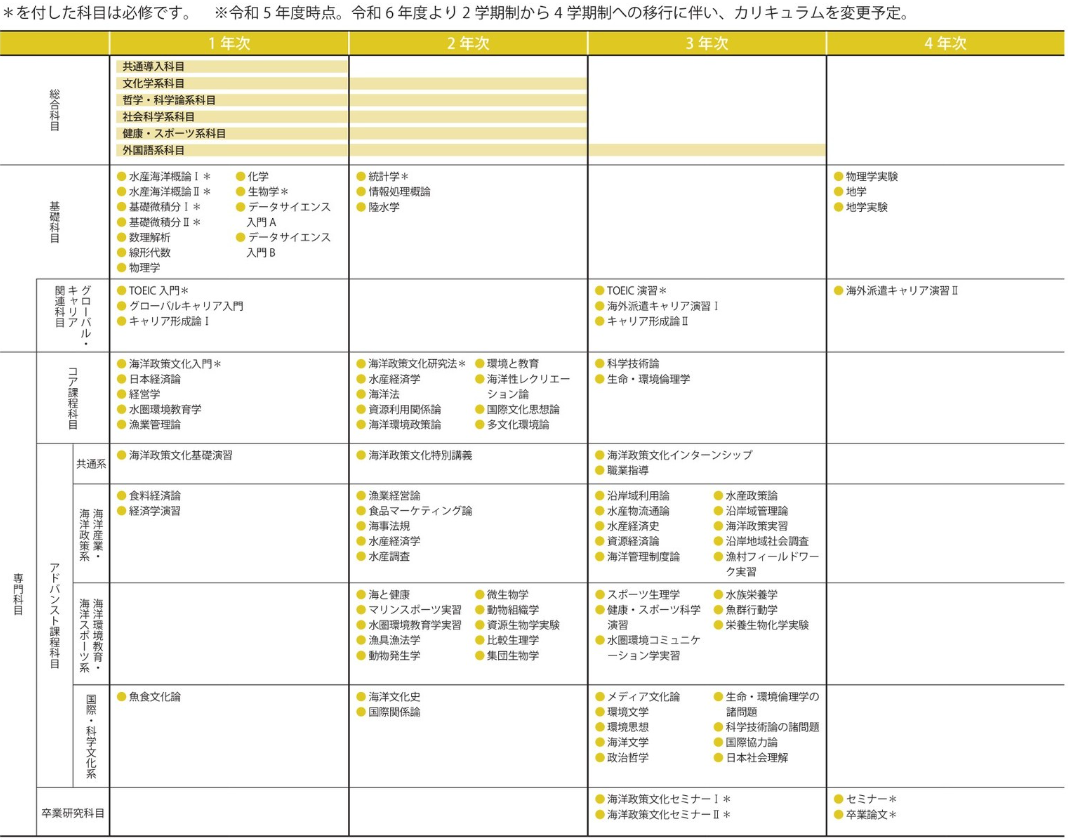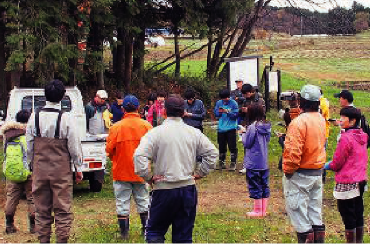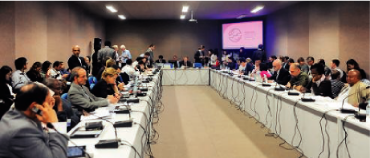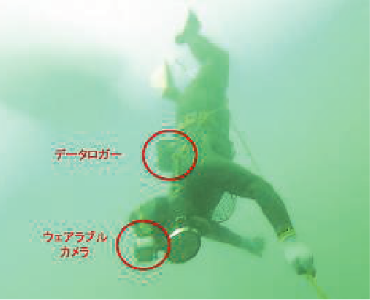1. Policy for organizing the curriculum
In the Department of Ocean Policy and Culture, we offer ``General Subjects,'' ``Specialized Entrance Subjects,'' and ``Specialized Subjects (Core Course Subjects) in order to help students acquire the four basic skills and abilities listed in ``2'' below. )” and “specialized subjects (advanced course subjects)” are systematically organized. In the ``general subjects,'' students acquire a broad and deep knowledge and language skills, while in the ``specialized introductory subjects,'' they learn a wide range of basic science necessary to understand increasingly diverse and sophisticated specialized fields. I will set it. In addition, ``specialized subjects'' are divided into ``specialized subjects (core curriculum subjects)'' and ``specialized subjects (advanced curriculum subjects)'', and ``core curriculum subjects'' are divided into specialized subjects of this department. Students will learn the foundational knowledge of various fields, and in the ``Advanced Course Subjects,'' they will cultivate deeper academic knowledge and improve their specialized abilities. Furthermore, we will have ``qualification-related subjects'' and ``global career-related subjects.'' We will conduct lectures, exercises, experiments, and practical training based on a curriculum that organically links these subjects, and connect them to international society, industry, and graduate school education.
2. Policies regarding educational content and educational implementation methods
The class subject categories are "general subjects," "specialty introductory subjects," "specialized subjects (core course subjects)," "specialized subjects (advanced course subjects)," and "qualification-related subjects." We have established ``Subjects'' and ``Global Career-related Subjects,'' and will conduct lectures, exercises, experiments, and practical training.
(1)Specialized knowledge
In order to ensure that all students in the department acquire the knowledge and research methods that form the basis of the various specialized fields of our department, we offer compulsory courses primarily in the first year. After that, they will be taught specialized subjects (core curriculum subjects) in which they will learn specialized knowledge in three subject groups: marine industry/ocean policy, marine environmental education/marine sports, and international/science and culture. will be carried out. In addition to learning specialized knowledge in each subject group more deeply, we also offer specialized subjects (advanced course subjects) that enable students to grasp the situation from a broader perspective and acquire the ability to comprehensively understand and judge various issues. )" and conduct lectures, exercises, experiments, and practical training in an organized and systematic manner. Furthermore, depending on the characteristics of each specialized field, we will incorporate active learning methods to promote active learning among students.
(2) Rich internationality and wide-ranging education
In order to help students acquire communication and presentation skills, including language skills, and a high level of international awareness and knowledge, we conduct ``general subjects,'' as well as ``global subjects'' related to bob博彩公司_申博体育在线-投注*官网 qualification exams, study abroad, and career development.?Career-related subjects” will be offered. Additionally, in order to help students acquire basic knowledge in the natural sciences, mathematical sciences, humanities and social sciences, and basic information technology, we will conduct ``specialization introductory courses''. Furthermore, this department offers "specialized subjects" that foster a rich international mindset.
(3) Ability to think and make decisions independently
We provide education that organically links each subject group in order to instill the ability to think logically, make appropriate decisions, and act with a sense of responsibility toward society. In particular, the second year's "specialized subjects (core curriculum subjects)" are Ocean Policy and Culture Research Methods I and II, the graduation research subjects are Ocean Policy and Culture Seminar I and II in the third year, and the fourth year's Ocean Policy and Culture Seminar I and II. The core of this program is the systematic implementation of seminars and graduation theses. Furthermore, in order to help students acquire the ability to make ethical decisions, part of the seminar will include education related to researcher ethics.
(4) Practical skills that can be used in the field
In order to understand and recognize the globalizing issues of modern society, and acquire the practical skills to take the lead in responding to them, we aim to provide students with a first-hand understanding of the various social issues surrounding the ocean, and to develop solutions tailored to each situation. In addition to carrying out subjects such as practical training, exercises, and experiments that are essential for exploring strategies, we also hold seminars and graduation theses, which are considered to be the culmination of undergraduate learning. In addition, we offer ``Global Career-related Subjects'' to help students connect smoothly with the international community, industry, and other societies.
3. Policy regarding evaluation method of learning outcomes
For all subjects, evaluation criteria are clearly specified for each subject in the syllabus, and learning outcomes and achievement of goals are rigorously evaluated through exams, reports, presentations, etc.
